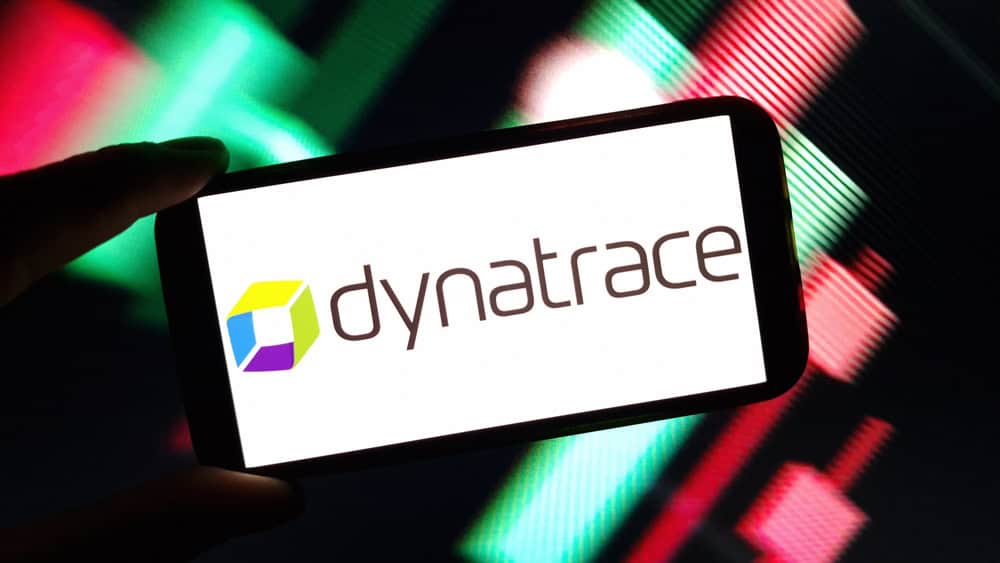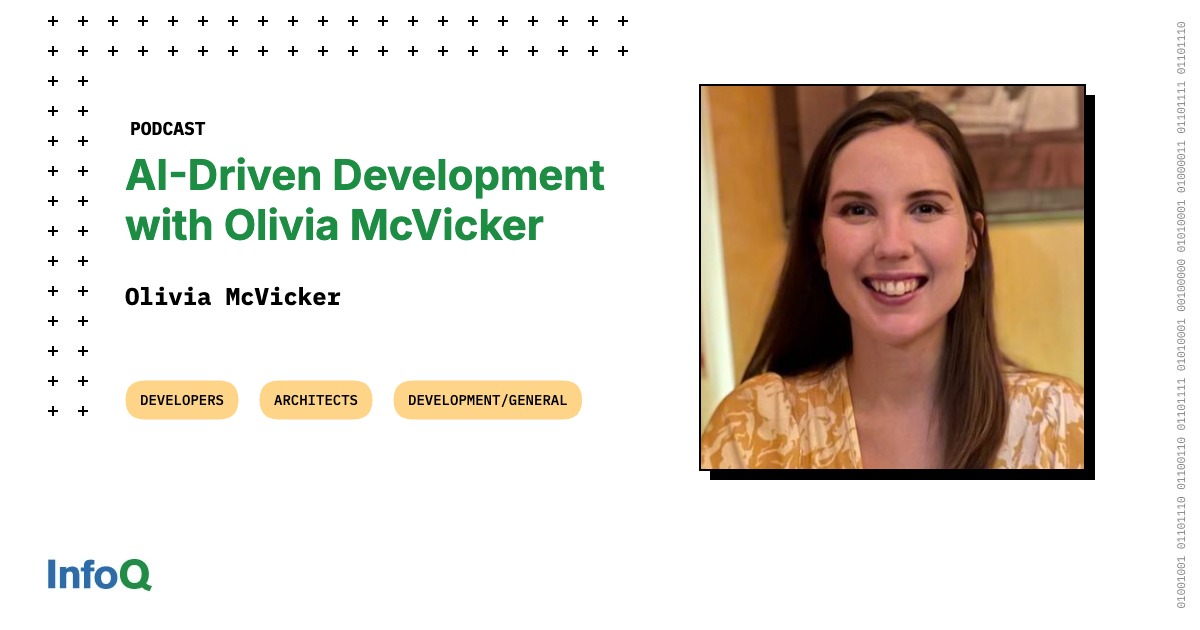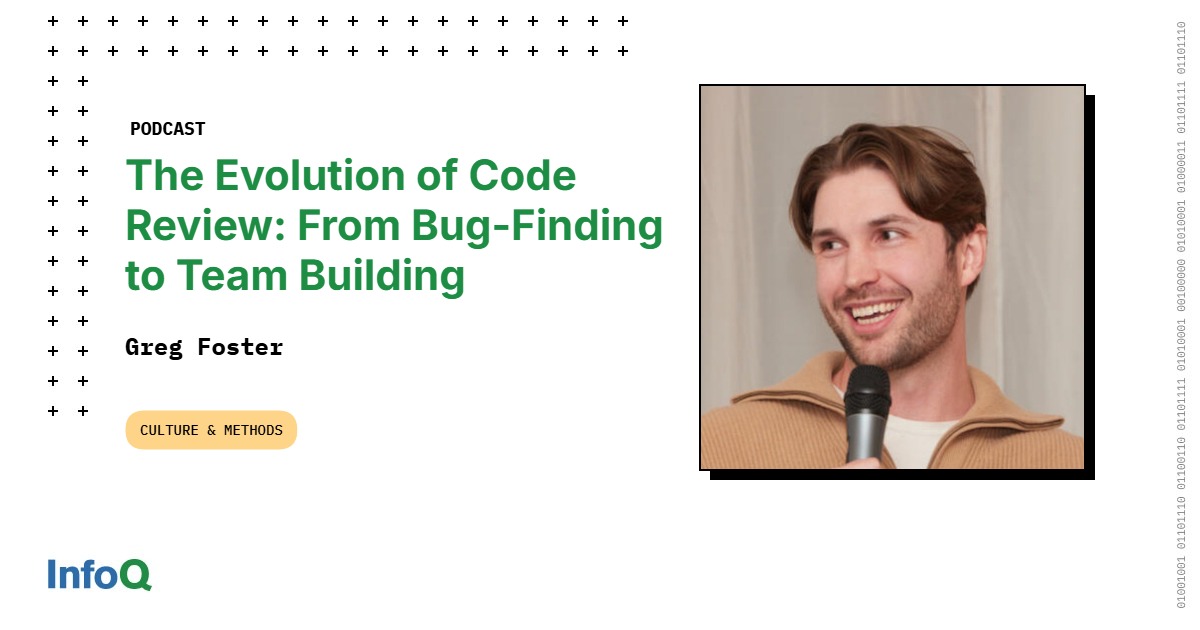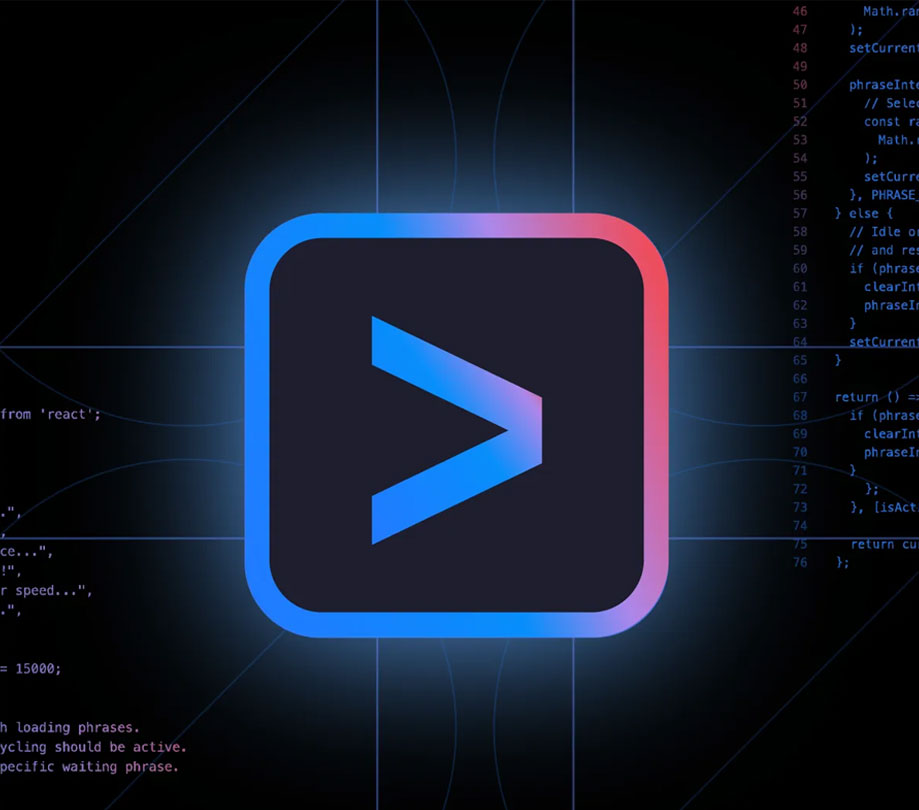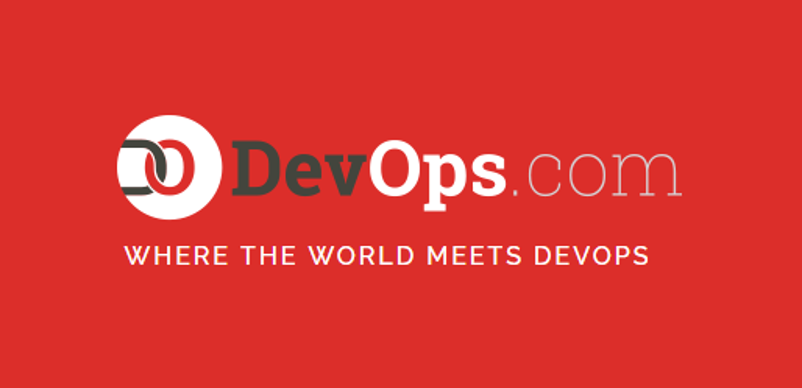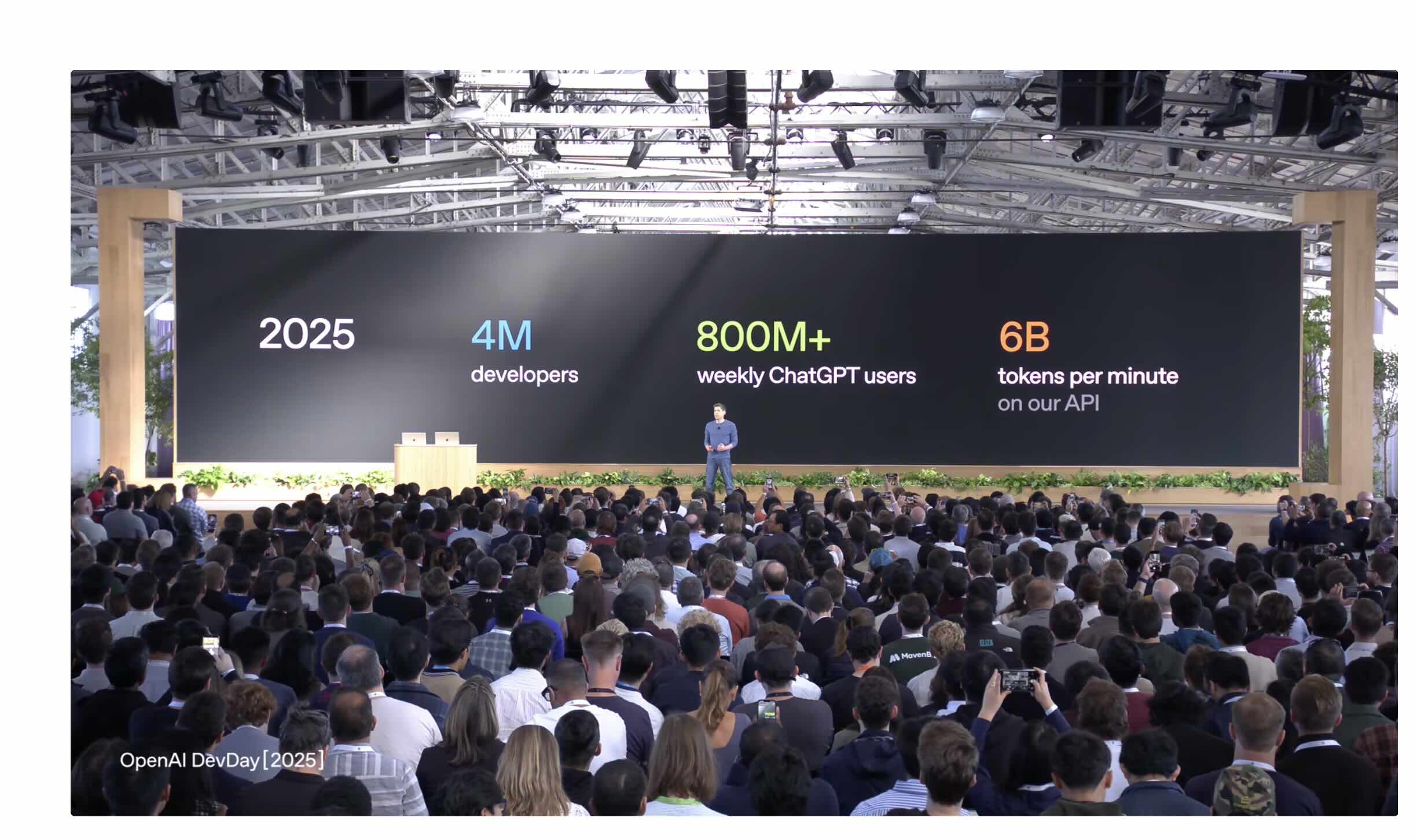#developer-tools
#developer-tools
[ follow ]
#software-development #generative-ai #ai-adoption #ai-agents #ai #automation #gemini-cli #aws #ai-infrastructure
fromYanko Design - Modern Industrial Design News
3 weeks agoThis $1,999 Computer Hides an Entire PC Inside Its Minimal Keyboard - Yanko Design
There's something oddly nostalgic about Caligra's c100 Developer Terminal, yet it feels completely modern at the same time. At first glance, it looks like someone took a pristine keyboard from the early computing era, polished it up, and reimagined it for 2026. But this isn't just a keyboard. It's an entire computer, cleverly disguised as the thing you type on.
Gadgets
Software development
fromSpeckyboy Design Magazine
3 weeks agoThe 6 Best Developer Friendly WordPress Plugins for Performance & Diagnostics - Speckyboy
WordPress developer plugins provide debugging, performance monitoring, temporary utilities, and tools to prevent accidental emails, aiding developers in troubleshooting and site optimization.
Startup companies
fromFortune
1 month agoExclusive: Cursor acquires code review startup Graphite as AI coding competition heats up | Fortune
Anysphere's Cursor is acquiring Graphite to integrate AI-assisted code writing and code review, creating a tighter end-to-end platform to speed software development.
Artificial intelligence
fromFuturism
1 month agoGoogle's AI Deletes User's Entire Hard Drive, Issues Groveling Apology: "I Cannot Express How Sorry I Am"
A Google Antigravity AI agent mistakenly deleted a user's entire D: drive while clearing project cache and repeatedly apologized for the critical failure.
fromFortune
2 months agoNvidia's CEO says it's 'insane' to not use AI for every task possible: 'I promise you, you will have work to do' | Fortune
Speaking at an all-hands meeting last Thursday, the day after the chipmaker reported another quarter of record results, Huang reacted sharply to reports that some managers inside the company were urging teams to dial back their AI use. Business Insider listened to the meeting. "My understanding is Nvidia has some managers who are telling their people to use less AI," Huang said. "Are you insane?"
Artificial intelligence
React
fromThisweekinreact
3 months agoThis Week In React #256: Next.js, directives, TanStack, Storybook, Waku, shadcn, Rari, Astro | Navigation, EAS, Expo Modules, Gesture Handler, Screens, Nitro, IAP | ArkType, Biome, Svelte, Hono | This Week In React
Next.js and React Native ecosystems advanced with new tooling, bundlers, and developer-experience improvements alongside AI-driven localization tooling.
fromApp Developer Magazine
1 year agoGoogle Maps builder agent simplifies AI driven map creation
At the core of the new release is Builder agent, a generative AI system that converts plain text prompts into functional, customized map prototypes within minutes. Developers can type natural instructions like "create a Street View tour of a city" or "build a map that visualizes real-time weather in my region," and Builder agent automatically produces an interactive layout using Gemini's reasoning and visualization capabilities.
Artificial intelligence
fromIT Pro
3 months agoRed Hat eyes developer workflow efficiency, app modernization gains with new AI tools
The company said the launch of Red Hat Developer Lightspeed, a portfolio of AI solutions, will equip developer teams with "intelligent, context-aware assistance" through virtual assistants. Available on the Red Hat Developer Hub, the first of these AI tools is accessible through the hub's chat interface. The company said this will help speed up non-coding-related tasks, including development of test plans, troubleshooting applications, and creating documentation. This AI assistant can be used via both publicly available and self-hosted large language models (LLMs).
Artificial intelligence
Artificial intelligence
fromBusiness Insider
3 months agoOpenAI wants to be the next big tech platform. A developer expert weighs in on how this is going.
OpenAI is positioning itself as the dominant conversational platform by launching an AI app directory and developer tools to capture developer engagement and market share.
fromInfoQ
3 months agoGenkit Extension for Gemini CLI Brings Framework-Aware AI Assistance to the Terminal
Google has released the Genkit Extension for Gemini CLI, a specialized plugin that brings deep, framework-aware AI assistance directly to the terminal, aiming to streamline the development and debugging of Genkit-based applications.The extension's primary function is to streamline Genkit-based application development by surfacing essential information like flows, traces, and documentation without requiring the developer to leave the command line. Genkit is Google's open-source framework for building and orchestrating generative AI applications.
Artificial intelligence
fromBusiness Insider
3 months agoHow a developer used Google Gemini to replace his Kanban board
I trained a Google Gemini model on my most effective emails, giving it a large sample of my writing and Devpost context. When drafting important messages, I collaborate with the model to ensure I'm expressing myself as I intend. It's still my tone and ideas, but the model helps me deliver consistently strong communication. I also built a Google Gemini CLI "Executive Assistant" to replace my visual Kanban board with a markdown-based, conversational task manager.
Artificial intelligence
Artificial intelligence
fromTechCrunch
3 months agoOpenAI launches AgentKit to help developers build and ship AI agents | TechCrunch
OpenAI released AgentKit, an integrated toolkit to build, deploy, evaluate, and connect AI agents with a visual builder, embeddable chat, evaluation tools, and connectors.
Software development
fromBusiness Matters
3 months agoBest 5 Instagram APIs for Developers Building Social Apps in 2025
Alternative Instagram APIs provide unrestricted, real-time access to public Instagram data, enabling developers and startups to build comprehensive social apps without Meta's approvals or limits.
fromInfoWorld
3 months ago13 clever APIs for capturing every kind of data
APIs, or application programming interfaces, started out as a mechanism to let computers talk to other computers, but somewhere along the way, they've evolved into an ecosystem all their own. For virtually any development need, there is likely an API ready and waiting to deliver. Like the Lincoln Logs or Lego bricks of old, APIs are building blocks for creating applications.
Software development
fromZDNET
3 months agoGoogle's Gemini 2.5 Flash Image 'nano banana' model is generally available
In addition to being generally available, Gemini 2.5 Flash Image now comes with 10 aspect ratios across four styles (landscape, square, portrait, and "flexible"), enabling "effortless content creation across various formats, from cinematic landscapes to vertical social media posts," Google wrote in its announcement. The company also published developer docs and a " cookbook" to help users get started with Gemini 2.5 Flash Image, which costs $0.039 per image.
Artificial intelligence
fromTechCrunch
4 months agoTim Chen has quietly become of one the most sought-after solo investors | TechCrunch
Tim Chen, solo VC at his firm Essence VC, just closed his fourth fund, a fresh $41 million, without even trying. Limited partner investors (LPs) were so eager to invest, they pre-empted it, he told TechCrunch. He hadn't even time to generate a pitch deck. True, $41 million might not sound like much in this age of multi-billion venture firms and solo VCs like Jack Altman (who just raised his second giant fund, at $275 million).
Venture
fromSilicon Valley Journals
4 months agoBaseten raises $150 million to power the future of AI inference
Baseten just pulled in a massive $150 million Series D, vaulting the AI infrastructure startup to a $2.15 billion valuation and cementing its place as one of the most important players in the race to scale inference - the behind-the-scenes compute that makes AI apps actually run. If the last generation of great tech companies was built on the cloud, the next wave is being built on inference. Every time you ask a chatbot a question, generate an image, or tap into an AI-powered workflow, inference is happening under the hood.
Venture
Artificial intelligence
fromBusiness Insider
4 months agoA16z partner says software engineers spent decades disrupting industries. Now, they're the 'disrupted.'
AI-driven code tools are fundamentally changing software engineering, shifting engineers from disruptors to the disrupted and altering roles, workflows, and job prospects.
fromMedium
5 months agoI Tested 5 AI Coding Tools So You Don't Have To
Cursor impressed me with its real-time visualization and intelligent code suggestions. Recent comparisons show that Cursor is adopted by 7 million developers and Fortune 1000 companies, and I could see why: when it worked. The problem? Debugging in Xcode felt like trying to perform surgery with oven mitts. For someone lacking coding fundamentals, Cursor's power becomes a liability because I'm unsure which part it's executing correctly and how to maintain that code.
Software development
Artificial intelligence
fromTechCrunch
5 months agoSpotlight on AI at TechCrunch Disrupt: Don't miss these sessions backed by JetBrains and Greenfield | TechCrunch
TechCrunch Disrupt 2025 highlights AI's transformative role with two sessions unveiling the AI Disruptors 60 and exploring developer-focused AI for code quality.
fromTechzine Global
5 months agoxAI launches agentic model
Its technical performance is particularly notable for its speed. Thanks to prompt caching, grok-code-fast-1 achieves cache hit rates above 90 percent and can handle multiple tool calls before the first output lines are visible. The model supports a wide range of programming languages, including TypeScript, Python, Java, Rust, C++, and Go. It can perform a variety of tasks, from setting up new projects to answering programming questions and targeted bug fixing.
Artificial intelligence
fromKDnuggets
5 months agoBeginner's Guide to Gemini CLI: Install, Setup, and Use It Like a Pro - KDnuggets
Gemini CLI is an open-source AI assistant from Google, designed for terminal use, enabling developers to interact with the Gemini 2.5 Pro language model seamlessly in their command line workflows.
Web development
fromHackernoon
2 years agoGitGuardian Launches MCP Server To Bring Secrets Security Into Developer Workflows | HackerNoon
GitGuardian's Model Context Protocol (MCP) Server enables AI-assisted secrets security directly in developer environments, compressing security feedback loops into minutes.
Tech industry
[ Load more ]
